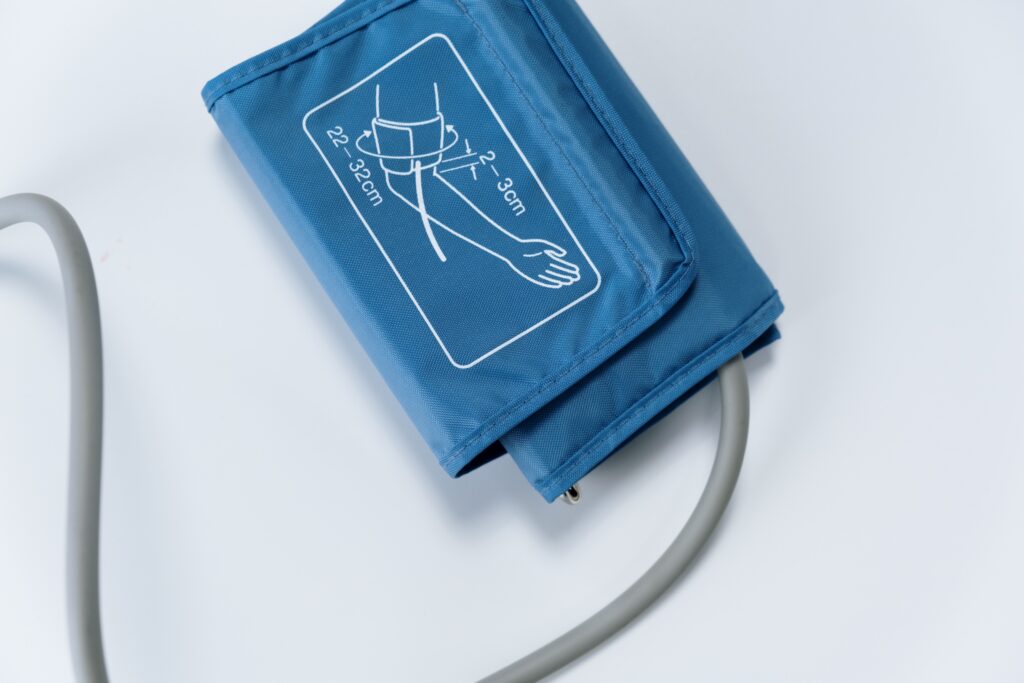
Blood pressure refers to the force exerted by blood against artery walls. It’s gauged using two measurements: systolic pressure, which arises when the heart contracts, and diastolic pressure, occurring when the heart rests.
High blood pressure, or hypertension, is a prevalent global ailment with substantial repercussions. It significantly heightens the risk of heart disease, stroke, and other severe health complications. Its precise origin isn’t entirely clear, but a blend of elements like genetics, diet, lifestyle, and medical conditions likely contribute.
Two primary categories of high blood pressure exist:
- Primary hypertension, the most widespread form, lacks a definite cause but often implicates genetics, diet, and lifestyle.
- Secondary hypertension arises from underlying medical conditions like kidney disorders, thyroid irregularities, or sleep apnea.
Typically inconspicuous, high blood pressure has earned the moniker “silent killer.” Occasionally, individuals may encounter symptoms such as headaches, dizziness, breathlessness, and fatigue.
Positive news lies in its manageable nature via medication and lifestyle adjustments. For those grappling with high blood pressure, devising a personalized treatment regimen with a healthcare professional is crucial.
In terms of impact on the circulatory system and heart health: Elevated blood pressure jeopardizes both blood vessels and heart, resulting in several grave complications like:
- Coronary artery disease (CAD): Characterized by arterial plaque accumulation, leading to chest pain, heart attacks, and sudden cardiac demise.
- Stroke: Arising from disrupted cerebral blood supply, it inflicts brain damage and potential fatality.
- Heart failure: As the heart fails to pump sufficient blood, symptoms encompass breathlessness, fatigue, and leg swelling.
- Atrial fibrillation: This irregular heart rhythm elevates stroke and health risks.
- Chronic kidney disease: Hypertension-induced kidney damage can culminate in kidney failure.
Strategies for lowering blood pressure encompass:
- Weight loss if overweight or obese.
- Embracing a low-saturated fat, low-sodium, low-cholesterol diet.
- Regular moderate-intensity exercise, aiming for around 30 minutes most days.
- Limiting alcohol consumption.
- Smoking cessation.
- Adhering to prescribed medications.
Neglecting high blood pressure heightens the peril of serious health issues like heart disease, stroke, and kidney malfunction, potentially leading to disability, hospitalization, or fatality. If a familial predisposition exists, discussing risk and mitigation strategies with a medical professional is pivotal.
High blood pressure warrants serious attention, given its potential for severe health complications. Yet, with medication and lifestyle adjustments, its management is well within reach. Collaboration with a healthcare provider to chart a fitting treatment roadmap remains imperative for those grappling with this condition.

Recent Comments